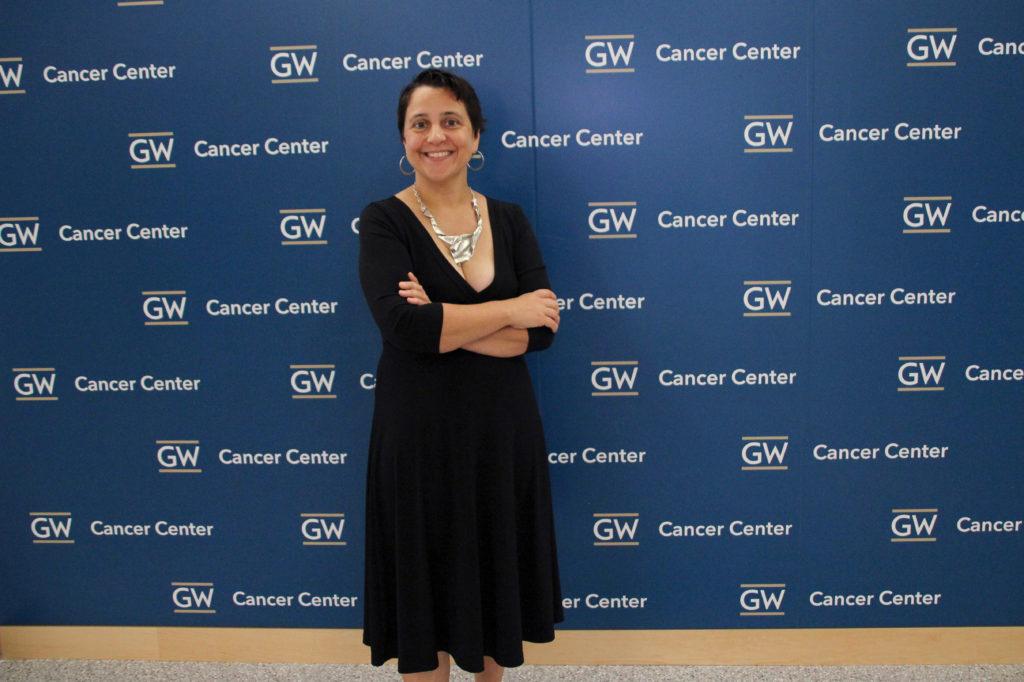An associate director in the GW Cancer Center received more than $4 million from the Centers for Disease Control to help fund and develop solutions to prevent and control cancer, officials announced last week.
Mandi Pratt-Chapman, the associate center director for patient-centered initiatives and health equity for the GW Cancer Center, said she will use the grant to continue to develop training and provide funding for programs related to cancer treatment. She said providing technical assistance to health care professionals will help increase cancer prevention efforts and improve the function of cancer control coalitions, organizations that work to reduce instances of cancer.
“We are delighted to continue this important work,” Pratt-Chapman said in an email. “The GW Cancer Center team takes a data-driven approach to identifying the highest-impact technical assistance and training to meet the needs of the diverse cancer control programs and coalitions.”
She said she will partner with the CDC to assist to the centers’ National Comprehensive Cancer Control Program, an initiative that provides grants and support to programs and trainings aiming to prevent cancer. Pratt-Chapman will work on training that includes online sessions, in-person workshops and webinars, she said.
She said many of the training programs have already been developed, and much of the funding will go toward maintaining existing programs, like the Together-Equitable-Accessible-Meaningful training program, which focuses on improving patient-provider communication by improving health literacy.
“This award includes maintenance of many trainings and technical assistance projects developed over the past five years, as well as tailored, in-person workshops based on cancer control coalition needs,” she said.
Past training programs have centered on topics like cancer care for LGBTQ patients, culturally competent cancer care and the development of evidence-based cancer control intervention strategies.
Pratt-Chapman said the project was awarded $2.1 million in 2014 and will receive $825,000 each year over the next five years, totaling $4.125 million.
Cynthia Gelb, a health communications specialist for the CDC, said the grant will help fund training that increases health-seeking behaviors, like getting regular cancer screenings, which will ultimately decrease cancer mortality rates and extend cancer patients’ lives.
“Technical assistance and training will result in increased knowledge and capacity of NCCCP recipients to use evidence-based interventions for prevention and early detection of cancer, survivorship support, and policy, system and environmental change to address cancer health inequities,” she said.





